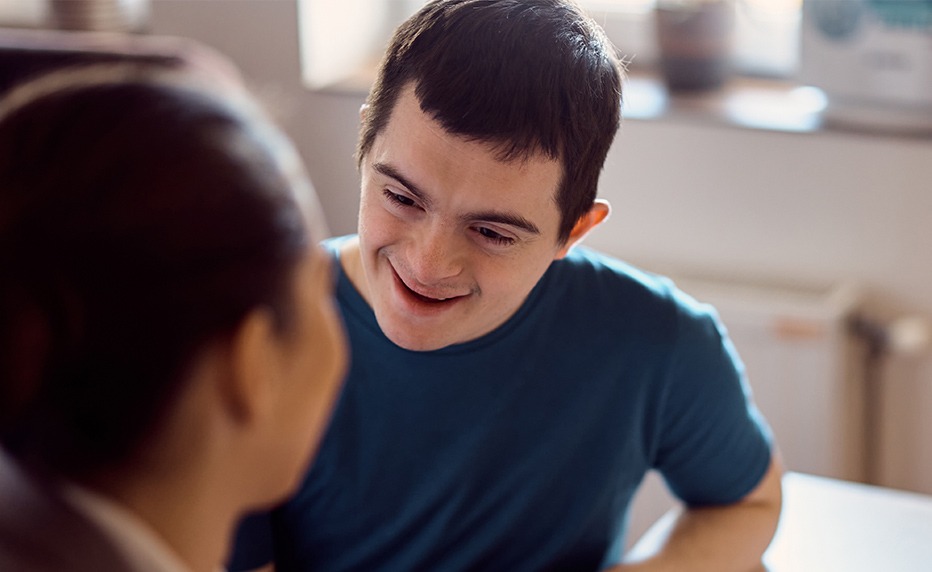
By Dr Pauline Groz, general practitioner at the Institut Jérôme Lejeune
From the earliest age, each of us experiences the need to be loved, esteemed, surrounded, and to belong to a group. The affection of those around us is essential if we are to develop and grow in a climate of trust. It’s the other person’s kind and loving gaze that makes us aware of our own value.

Apart from the family, one of the places where we can experience this richness is in our friendships. We don’t necessarily need to have many friends, just good ones!
Developing friendly relationships will have many benefits for your child or loved one with a genetic intellectual disability.
The older your child grows, the more he or she will need to develop in circles other than the family circle. It’s up to you, parents, to help them meet new people through school, hobbies, associations or professional commitments… It’s never easy to let your child become independent and to accept that he or she can live things without you, all the more so when he or she has a disability. But it’s a necessary step in helping your child to grow up, and one that involves taking on autonomy. For example, you have to accept that he won’t be able to tell his friends everything he’s going through.
He may be stimulated by friendships with people without disabilities, but he will also be stimulated by friendships with people who look like him. The company of children from different backgrounds, far from dragging him down, will on the contrary help him gain in responsibility and develop his attentiveness to others.
Dare to accompany your child in this process of reaching out to others. He’ll come out of it all stronger, and will radiate this self-fulfilment to those around him!

Your registration has been taken into account